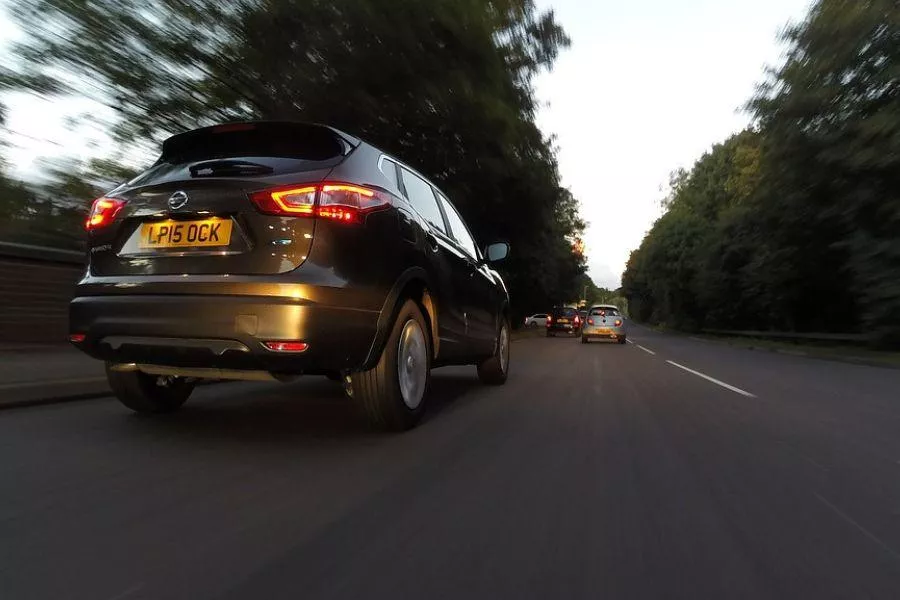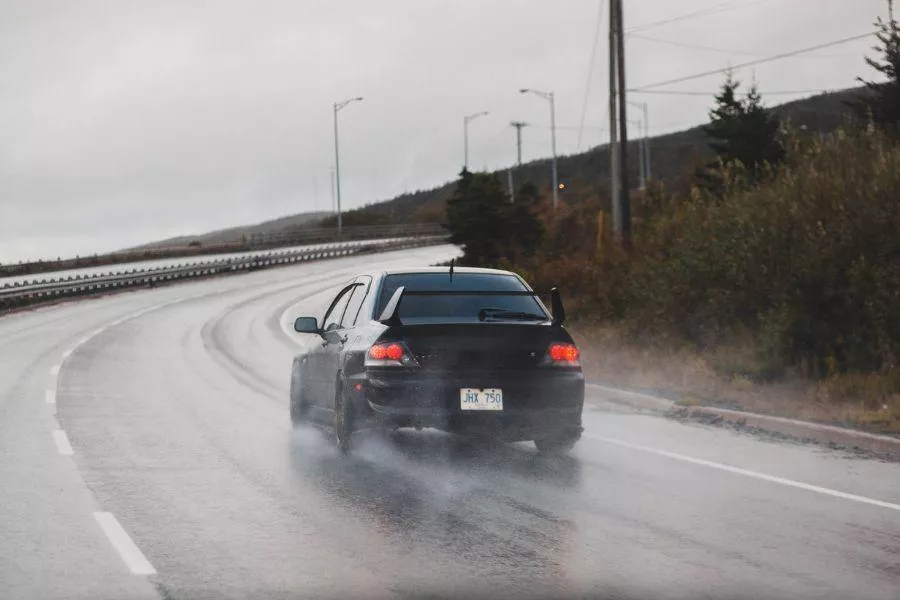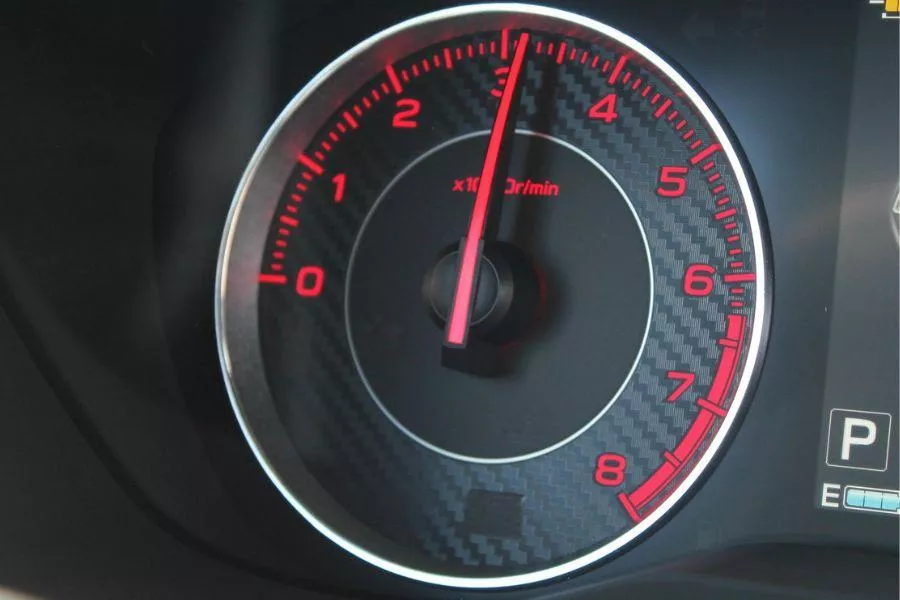Novice drivers have a romanticized vision of cars as seemingly invincible machines that they can enjoy for hours on end. It’s always satisfying to see the needles on the instrument panel rising in proportion to driver input, especially on an open stretch of road.

New drivers fantasize about their rides gobbling up the nearest stretch of road
However, there are instances that can quickly slam the brakes on a new car owner’s enthusiasm, especially if it’s a situation that hasn’t been encountered before. For instance, the car performs fine when traveling on flat streets and highways, but then both engine and vehicle speed start to drastically go down when going up an incline.
It's not as mysterious as you think. The reason why that previously high-flying needle suddenly dips when the car goes uphill is that your vehicle now has to contend with the added force of gravity. This means that both you and the car both have to exert extra effort when negotiating an incline.

It takes a little (sometimes a lot) more effort to drive a car uphill
For example, where an engine speed of 1,500 RPM to 2,000 RPM might be enough to comfortably get the car to speed on a highway, the same will be woefully inadequate if you need to drive up a considerable gradient. Since gravity is now working against your car’s forward momentum, you’ll need to increase accelerator input by pressing the gas pedal further and driving the engine speed higher, until the road becomes even again.
In an era of rising fuel prices, this might be the last thing you’ll want to hear, but it’s an inviolable law of physics that everyone ends up following, anyway.

When the going gets tough, you'll just have to floor it
Of course, there could be other reasons why your car’s performance is suddenly lacking once you hit the inclines. The most likely culprit could be mechanical problems, such as having a clogged air filter, dirty fuel injectors, or failing spark plugs. If you can’t recall the last time your car underwent a checkup, then it might be a good idea to bring it to a mechanic.
Find more tips for beginner car owners at Philkotse.com.












